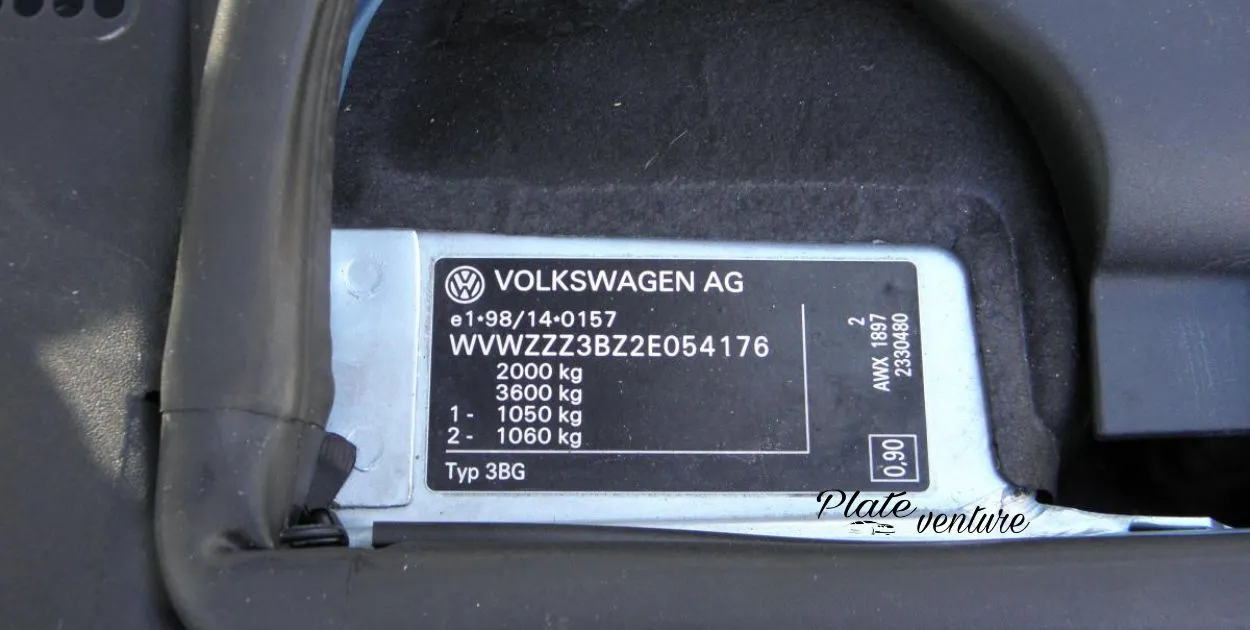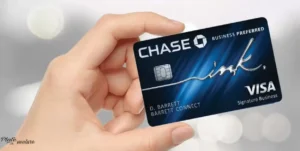Finding the license plate connected to a vehicle identification number (VIN) is possible with the right tools. A VIN is a unique 17-digit code assigned to every car for identification and registration purposes. What if you need to uncover the license plate number associated with a particular VIN? This process allows you to lookup critical vehicle records tied to a VIN across various public and private databases.
There are several free and paid services that can perform a license plate search using a car’s VIN. By entering a valid VIN, these online tools and state Department of Motor Vehicle (DMV) sites tap into registration data to find license details. A few free options like VinFreeCheck and EpicVIN’s VIN decoder provide access to plate numbers along with basic vehicle specifications.
Overall, a VIN lookup can be an easy way to discover the license plate number assigned to a vehicle. With free and low-cost online tools, finding plate details from a VIN takes just seconds. This opens the door to learning more about a car’s history, condition, and records when shopping for a used vehicle.
License Plate Number From a Vehicle Identification Number (VIN)
Searching for a license plate number connected to a vehicle’s VIN is possible through several methods. This lookup allows access to key details tied to a VIN across various databases.
VIN License Plate Lookups
A VIN or Vehicle Identification Number is a unique 17-character code given to all road-going vehicles. This code holds valuable information ranging from the car’s year, make, and model to its manufacturing plant and production number.
Crucially, a VIN also serves as an identification marker for registration and titling purposes. This means DMV records connect a VIN to details like the current license plate number.
Looking up the plate number with a VIN gives insight into a vehicle’s history and specifications. This is useful when:
- Researching a used car’s background before purchase
- Locating license details for a newly acquired vehicle
- Uncovering plate numbers for VIN-based data analysis
How To Find My License Plate Number Without Car?
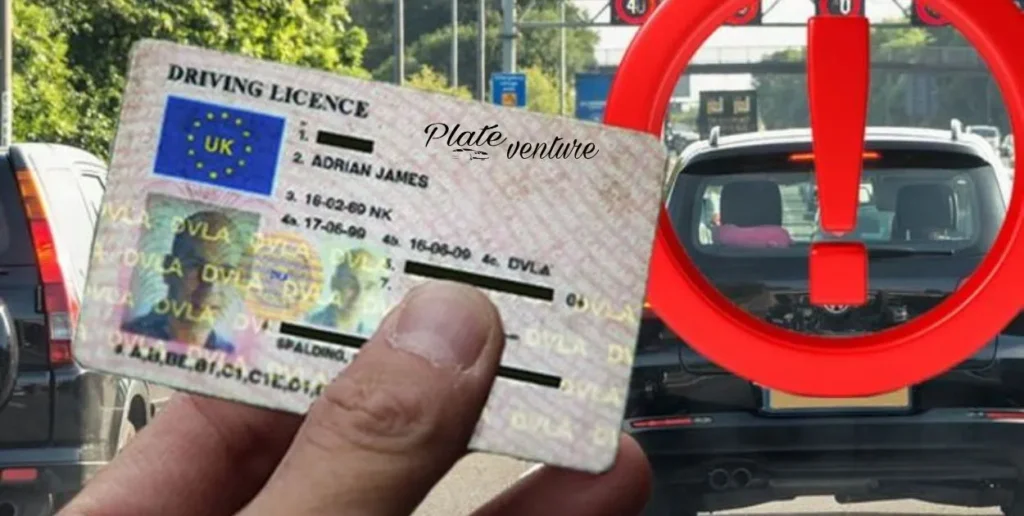
Finding your license plate number without access to your car is possible. First, check your vehicle registration paperwork. This document displays the license plate number assigned to your car. Registration papers are typically stored at home for record keeping.
If you don’t have the registration paperwork, call or visit your local Department of Motor Vehicles (DMV) office. Ask the DMV representative to search for your license plate number in their system using your personal information. Most DMVs can lookup plate records as long as you provide valid ID. There may be a small fee.
Your insurance documents may show the license plate number for the insured vehicle. Check your insurance cards or policy paperwork for the number. Or contact your insurance agent to get the plate number on file for your policy.
With a few simple steps to access paperwork or check official vehicle records, you can find your personal license plate number without having the car on hand. The DMV and your insurance provider keep your plate details available.
Free vs. Paid VIN Lookup Services
There are free and paid services to search license plates from VINs:
Free VIN Searches
- Retrieve basic registration details like license numbers
- Limited vehicle history information
- Fast searches without needing accounts
- Popular picks are VinFreeCheck, EpicVIN, NICB VINCheck
Paid VIN Reports
- Comprehensive reports with full vehicle histories
- Additional data like accident reports and ownership records
- Best for complete used car research before buying
- Well-known providers are Carfax and NMVTIS
Paid VIN searches offer more robust information, while free options provide plate numbers along with basic vehicle data.
Step-By-Step Guide to Looking Up License Plates from VINs
Looking up a license plate using a VIN only takes a few minutes. Follow these steps:
- Locate the Vehicle’s 17-Digit VIN
- Check the driver’s side door jamb, lower windshield on the dashboard, or insurance documents.
- Enter the VIN into a VIN Search Tool
- Free sites include VinFreeCheck, EpicVIN, DMV VIN decoders. For paid searches, use Carfax or NMVTIS.
- View Vehicle Details Including the License Plate
- The license plate number is typically shown along with registration location, vehicle specifications, and more.
- Run Additional Searches to Confirm Details
- Cross-check details on other VIN search sites for extra verification.
And that’s it! With the right VIN search tools, uncovering the license plate takes seconds.
DMV license plate lookup
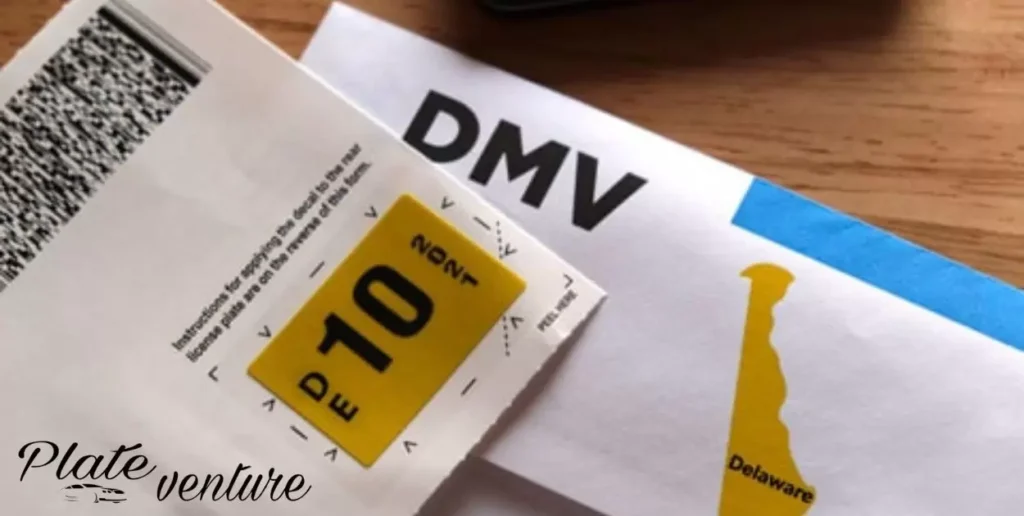
A DMV license plate lookup allows accessing vehicle records tied to a license plate number. This search uses state Department of Motor Vehicles databases. The DMV stores links between plates and car details like VIN, registration, ownership, and more.
Anyone can perform a plate lookup through the DMV. Provide the license plate number to pull associated vehicle information. In some states, pay a small fee such as $10. Or fill out a records request form stating your reason for needing the data. Common reasons include checking a used car’s history before purchase or resolving a traffic violation dispute.
While DMV lookups give vehicle data, they don’t share private owner details. So you can’t get names, addresses or phone numbers. Overall, DMV plate searches offer an official way to uncover public records connected to a license number. They help with tasks like verifying car sellers, processing insurance claims, and tracking down vehicles.
Real-World Applications of License Plate Lookups by VIN
Beyond used car shopping research, VIN license plate lookups have several handy uses:
- Insurance Claims Processing – Link VINs to license details to verify policyholders.
- Parking Violations – Uncover license numbers from on-site VIN scans to issue tickets.
- Rental Car Companies – Quickly pull plate numbers for cars in fleet using VIN identifiers.
- DMV Registration – Connect new plates to VINs during title transfers and registration.
Here is a comparison of some key ways license plate lookups by VIN are applied:
| Use Case | VIN Provides | Lookup Benefits |
| Used Car Evaluation | Full vehicle specs and history | Confirm seller’s details with plate lookup |
| Insurance Claims | Policyholder vehicle identification | Accurate, instant verification through plates |
| Parking Enforcement | Vehicle registration details | Plate lookup allows ticketing of violations |
| Rental Fleet Management | Unique ID for each vehicle | Fast updates of plate info across fleet |
| DMV Registration | Proof of ownership for titling | Links new plates to vehicles by VIN |
Are VIN License Plate Lookups Legal?
Yes, VIN searches for license plates are legal in most states. The main regulation surrounding these lookups is the Federal Driver Privacy Protection Act (DPPA). This limits using DMV records for unlawful purposes.
As long as plate information obtained from a VIN is used correctly, searches are valid under DPPA. Common legal uses include:
- Verifying car ownership – Confirming correct sellers during purchases.
- Processing insurance claims – Validating policyholder vehicle details.
- Conducting research – Analyzing plate numbers and trends.
- Checking car rentals/fleets – Managing plates assigned to vehicles.
So both individuals and businesses can conduct VIN license plate lookups for legitimate reasons. Just avoid searches for unlawful purposes like harassment or fraud.
5 Key Things to Know About VIN Plate Lookups
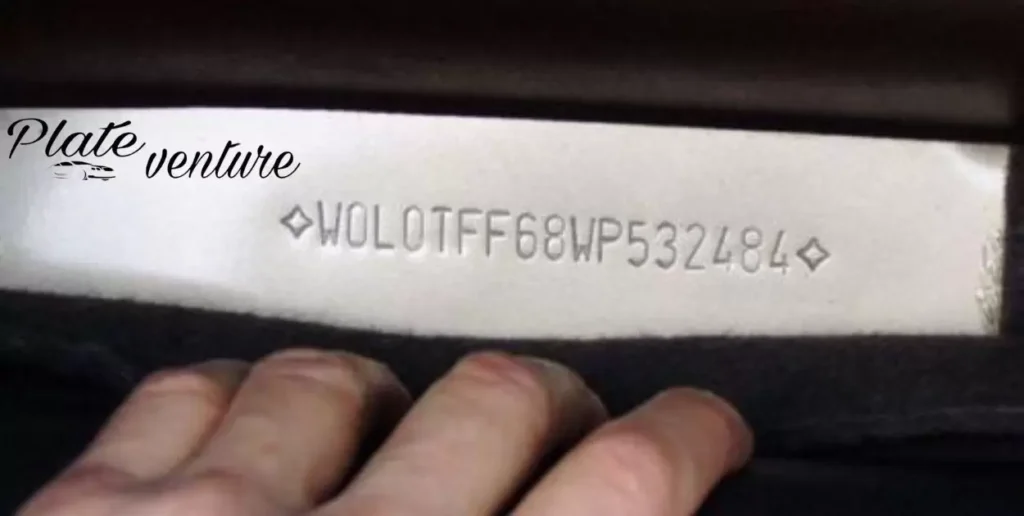
Before running a VIN search for plates, keep these tips in mind:
- VINs are universal – They identify any vehicle across all makes, models and years.
- Free VIN checks have limits – Paid searches provide comprehensive reports.
- Federal law governs searches – Follow DPPA guidance on using lookup data legally.
- VINs can’t be altered – Unlike plates, the number permanently stays with the car.
- Double-check details – Confirm plate records on multiple lookup sites.
Understanding these basics helps ensure an accurate and lawful VIN license number search.
Common Questions About Finding License Plates from VINs
Here are answers to some frequently asked questions:
Can I get a vehicle owner’s details from a license plate lookup?
No, basic VIN searches only show registration records like the plate number – not personal owner information. Paid options may include past owners.
What if I don’t have the VIN easily accessible?
You can run reverse plate lookups through some sites by entering the license number instead. This searches for associated VIN details.
Why does my VIN search show a different plate number than what’s on the car?
The plate may have changed due to relocation, expiration, transferring ownership, or errors. Check with the DMV for the latest connected plate.
Can I find a commercial truck’s license plate using the VIN?
Yes, the same VIN search tools work for commercial and personal vehicles. Truck VINs are longer at 17-20 digits.
What data sources connect VINs to license plates?
These mainly include state DMV and vehicle registration databases, which house records linking plates and VINs.
Conclusion
Finding a license plate number from a VIN is fast and straightforward when using the abundance of free and paid online search tools. By following a few simple lookup steps, the VIN unlocks vehicle details that include the associated license plate.
Understanding the options for VIN searches enables informed used car research. It also opens up quick identification of vehicles by their plates across various industries. As long as regulatory guidelines are followed, VIN license plate lookups are legal and accessible.
Shopping for a used car or managing an expansive rental fleet, tapping into the wealth of vehicle data through a VIN empowers smart decisions.
